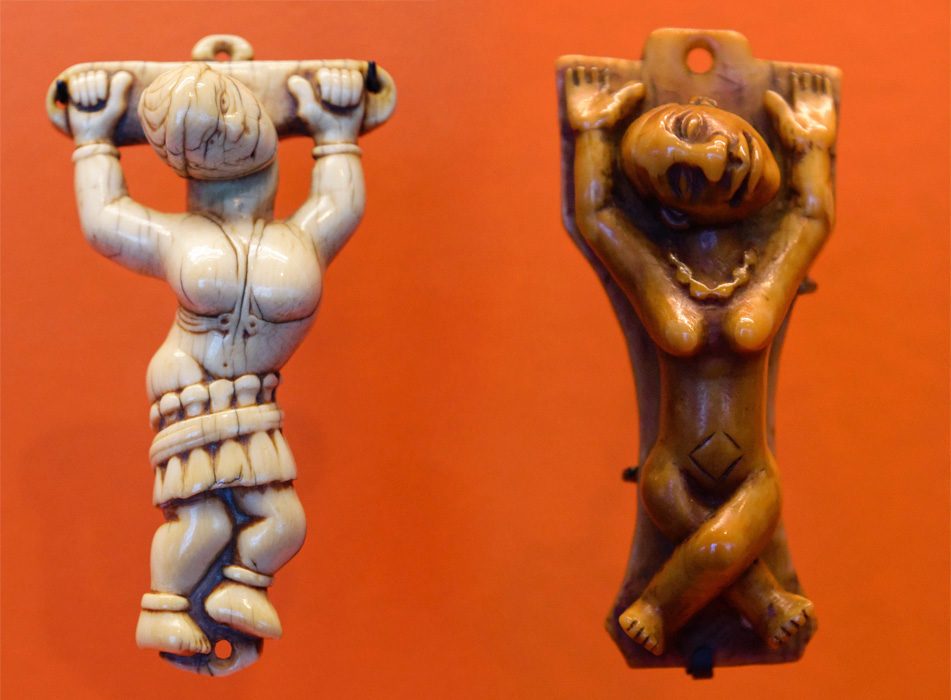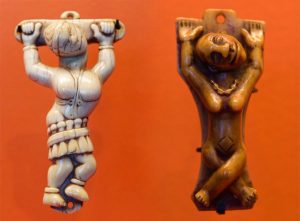In recent years, scholars have been building the case that rebellions of enslaved Africans in the Americas were due to the influence of their Catholic faith. An excerpt from an article surveying this scholarship states:
“In 1684, Dona Beatriz (Kimpa Vita), a noble, was born in Kongo. She never had a formal education, but memorized important prayers in the local Kikongo language. In the 1690s, when a large civil war broke out in the duchy she resided in, she dreamt of restoring the Kingdom. She trained to be a Nganga, a medium to the other world. But by 1698, when Italian Capuchins, with the blessings of the papacy, stationed themselves in Kongo and declared a war against what they considered to be witchcraft, Dona Beatriz was discouraged from her training, lest she be deemed a sorcerer.
“King Pedro had dominion over her land. It was he who invited the Italian Capuchins, for if they represented the Catholic Church, he would be favored by God. The Capuchins were led by the Italian Father Bernardo, soon to be Beatriz’s sworn enemy: In 1704, when Beatriz claimed she was the reincarnation of Saint Anthony, Bernardo was enraged.
“Beatriz argued that Kongo needed black saints, that the Capuchins had been teaching a false Christianity, and that Jesus, Mary, and Saint Francis were in fact black and Kongolese. Everywhere she and her disciples went, they gained thousands of followers. Her followers could be found singing ‘Salve Antonia,’ a prayer in Kikongo and a reworking of the Marian Hymn ‘Salve Regina.’ Even Hippolita, King Pedro’s wife, would call herself a proud Antonian.
“But the King, unamused, asked Father Bernardo to assess the validity of her claims. ‘Tell me, in Heaven are there blacks from Kongo, and if there are, do they still have their black color in Heaven?’ the priest asked. To which she replied, without hesitation, ‘there are black Kongolese up in heaven.’
“’If you are a woman, how then could you say you are Saint Anthony?’
“’Saint Anthony came into my head to be able to preach in Kibangu.'”
Dona Beatriz influence is considered to suffused the New World through diverse Afro-Caribbean diasporic religious beliefs including Vodun, Palo, and so on.
Read the whole piece here:
https://daily.jstor.org/did-kongolese-catholicism-lead-to-slave-revolutions/.


